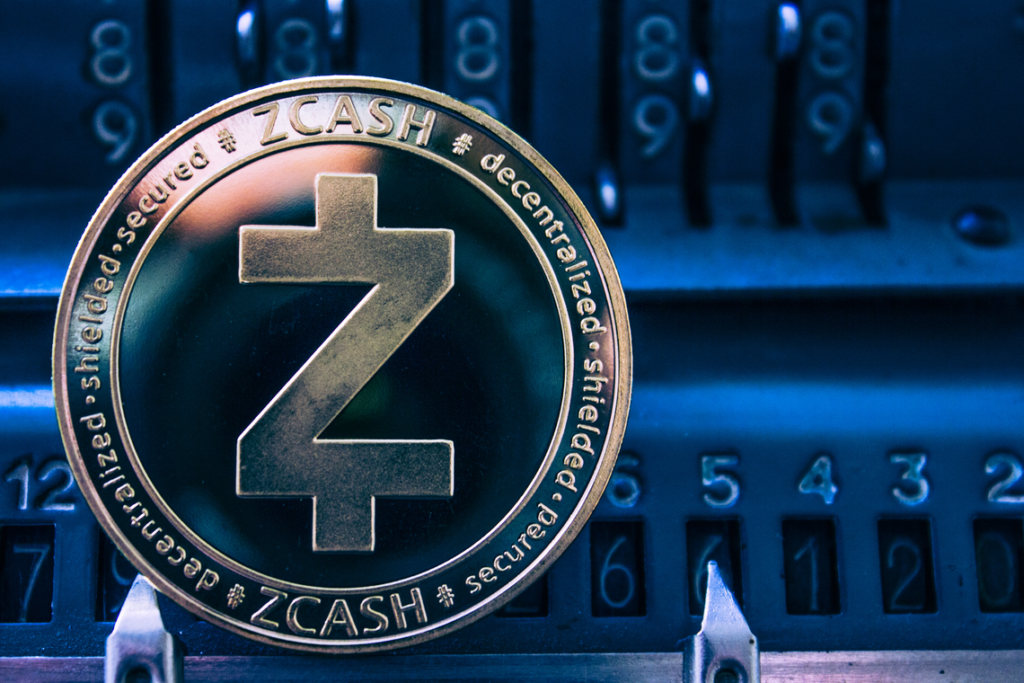On Jan 10, Vitalk Buterin attacked Bitcoin Private (BTCP). In reply, Bitcoin Private implied that BTCP is better than ZCash. BTCP did not, however, defend itself — nor did it attack Buterin or Ethereum.
Buterin vs. BTCP
After Noah Smith, a writer at Bloomberg, joked about dragons owning diversified portfolios, Buterin made a jab at Bitcoin Private (BTCP). Though he said very little, Buterin’s tweet seems to suggest that ownership of BTCP is comparable to fantasy. No longer do the dragons own private equity — for Buterin, this mythical class of wealthy elites owns BTCP, an asset which seems to have proven itself an unreliable store of value.Bitcoin Private seemed unable to defend itself against Buterin’s comparison. Instead, it attacked ZCash (ZEC). Perhaps Bitcoin Private was attempting to take the attention off of itself, but there are many problems with BTCP that were not resolved with the project’s latest hard fork. Of course, Zcash also faces problems of its own.In ours, you don’t leech Zcash mining rewards.
— Bitcoin Private [BTCP] (@bitcoinprivate) January 12, 2019

A Brief Look at ZCash
Bitcoin Private is a fork-merge between ZClassic and Bitcoin. ZClassic was a hard fork of ZCash. Neither ZClassic nor Bitcoin Private maintain the Founder’s Reward which was part of Zcash’s mining protocol. The Founder’s Reward distributes 20 percent of all ZEC miner rewards to the founders of ZCash. After four years, however, the Founder’s Reward will expire and 100 percent of all miner rewards will go to the miners. ZCash went live on Oct 28, 2016, which means that the Founder Reward should expire in late 2020. ZCash Founders have already profited handsomely from this reward system. They may profit millions more before 2020. Several have attacked this system over the last two years for its perceived unfairness. It is likely that this Founder’s Reward is what Bitcoin Private is attacking now.
What’s Wrong with BTCP?
Comparing the founders of ZCash to greedy, asset-hoarding creatures may be warranted. Bitcoin Private, however, still faces many problems of its own. First, a bad actor was able to create 2.04 million fraudulent BTCP. These were transferred to shielded accounts — probably to avoid detection. At least 300,000 of this BTCP was withdrawn and possibly sold. Once this fraud was discovered, Bitcoin Private announced a hard fork to remove the remaining 1.7 million fraudulent BTCP from the network. Unfortunately, the 300,000 that was earlier withdrawn and placed into open circulation cannot be regained. Even though BTCP has announced the hard fork was a success, this problem cannot be reconciled — so the supposed success is partial at best. BTCP may never overcome the poor first impression it has made on the crypto community.
Conclusion
Whoever the dragons are, it appears unlikely that their portfolios would include BTCP. Bitcoin Private proved itself vulnerable to hacks and fraud as soon as it was birthed. Though the Founder’s Reward created by ZCash may not seem fair, it may still be more trustworthy than BTCP. Using ZCash to distract from its own problems seems to add credence to Buterin’s remarks. It is possible that, being unable to defend itself, BTCP resorted to attacking Zcash — which may not bode well for Bitcoin Private’s reputation. Do you think that BTCP has any hope of saving its reputation or is its longevity merely a fantasy as Buterin suggests? Let us know what you think in the comments below!Disclaimer
In adherence to the Trust Project guidelines, BeInCrypto is committed to unbiased, transparent reporting. This news article aims to provide accurate, timely information. However, readers are advised to verify facts independently and consult with a professional before making any decisions based on this content. Please note that our Terms and Conditions, Privacy Policy, and Disclaimers have been updated.

Alexander Fred
Global AI, Data Science, and Blockchain expert. Alexander writes for BeInCrypto where he completes technical analyses of various alt-coins and qualitative commentary and analysis about various cryptoassets and their potential for social integration.
Global AI, Data Science, and Blockchain expert. Alexander writes for BeInCrypto where he completes technical analyses of various alt-coins and qualitative commentary and analysis about various cryptoassets and their potential for social integration.
READ FULL BIO
Sponsored
Sponsored

